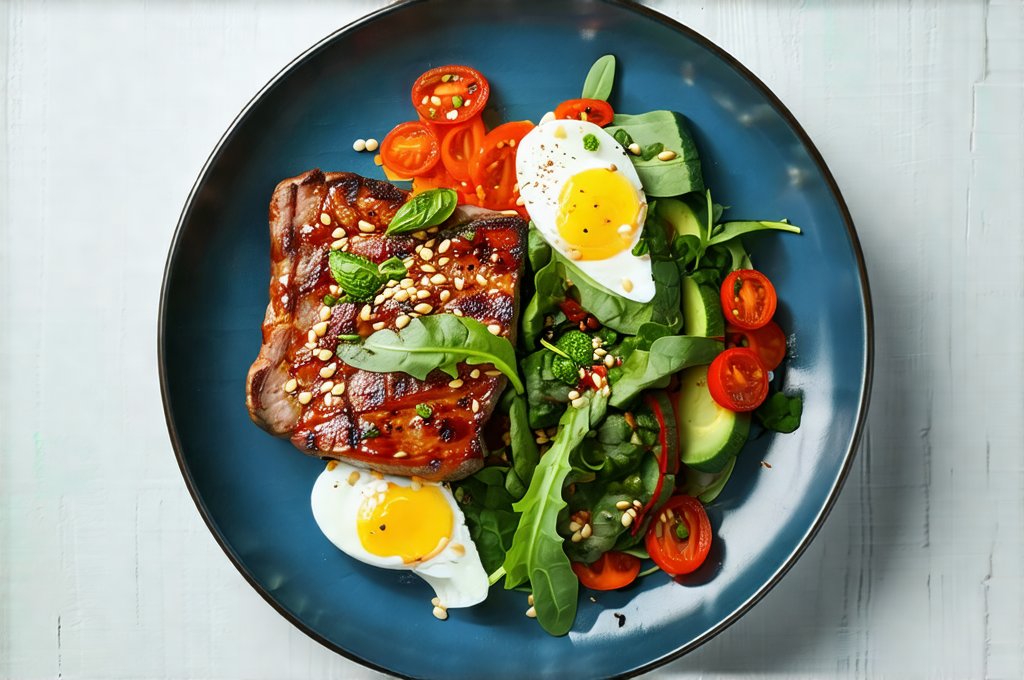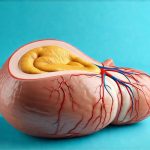We’ve all been there – a holiday feast, a celebratory dinner, or simply a day where resisting tempting foods felt impossible. The result? A feeling of bloat, sluggishness, and perhaps even guilt surrounding overindulgence. While occasional overeating is perfectly normal and shouldn’t trigger panic, it can disrupt our digestive system and leave us feeling uncomfortable. It’s crucial to remember that one instance of overeating doesn’t derail overall health goals; however, taking mindful steps afterwards can help restore balance and minimize discomfort. Focusing on what you can control – your next meal – is a powerful way to shift from regret to self-care.
The goal isn’t about punishment or restrictive dieting in response to overeating. Instead, it’s about gently guiding your gut back into equilibrium with nourishing choices that support digestion and minimize inflammation. Think of it as a “gut reset” rather than a “detox.” These evening meals are designed to be easily digestible, promote satiety without overwhelming the system, and provide key nutrients that aid in recovery. This isn’t about deprivation; it’s about intelligent food choices that work with your body, not against it. It’s also about acknowledging that our bodies are resilient and capable of processing occasional indulgences. Understanding can reactions be a sign during this process can offer reassurance.
The Principles of a Gut Reset Evening Meal
A successful gut reset meal centers around several key principles. First, prioritize easily digestible foods. This means minimizing complex fats, excessive fiber (which can be challenging when the digestive system is already working hard), and highly processed ingredients. Think steamed vegetables over fried food, lean protein sources over fatty cuts of meat, and simple carbohydrates like sweet potato rather than refined sugars. Second, hydration is paramount. Water helps move things along in the digestive tract and prevents constipation, which can exacerbate feelings of bloat. Herbal teas, particularly those with ginger or peppermint, can also be incredibly soothing. Finally, portion control is vital. Even healthy foods can cause discomfort if consumed in large quantities after a day of overeating; smaller portions are key to feeling comfortable and allowing your gut to rest.
The focus should always be on nourishment rather than restriction. A reset meal isn’t about punishing yourself for enjoying food, but about providing the body with what it needs to recover efficiently. This often means leaning into foods that naturally support digestion. Probiotic-rich options like yogurt (if tolerated) or kefir can introduce beneficial bacteria to the gut, while prebiotic foods like cooked onions or garlic provide fuel for those existing good bacteria. Remember, a healthy gut microbiome is essential for overall health and plays a crucial role in how we process food. How to rebuild gut health is key to long term digestive wellness.
These meals aren’t meant to be long-term solutions; they are strategic responses to temporary overindulgence. Regularly incorporating these principles into your diet – prioritizing whole foods, staying hydrated, and practicing mindful portion control – will contribute to sustained gut health and overall well-being. It’s about building a positive relationship with food, not falling into cycles of restriction and guilt.
Soothing Soup Strategies
Soup is an exceptional choice for a gut reset meal due to its hydrating properties and ease of digestion. Broth-based soups are particularly effective as they provide electrolytes and support hydration without being heavy or difficult to process. – Chicken noodle soup (using bone broth if possible) offers comforting nutrients and gentle protein. – Miso soup provides probiotics from the fermented miso paste, aiding in gut health. – Vegetable soup with easily digestible vegetables like carrots, zucchini, and spinach delivers essential vitamins and minerals.
The key is to avoid creamy soups or those containing excessive amounts of oil or spice. Gentle flavors are best. When preparing your soup, consider adding a small amount of ginger, known for its digestive benefits. Avoid ingredients that commonly cause bloating in your system – for example, if beans typically bother you, leave them out. Finally, sipping on the soup slowly allows for better digestion and absorption of nutrients. If overeating is a concern, remember can overeating one day affect your progress?
Lean Protein & Steamed Vegetables
Combining lean protein with steamed or lightly cooked vegetables is another excellent option for a gut reset meal. The protein provides sustained energy without being overly taxing on the digestive system, while the vegetables offer essential vitamins and fiber (in moderate amounts). – Grilled chicken breast or fish are great choices for lean protein. – Steamed broccoli, carrots, spinach, or zucchini are all easily digestible vegetable options.
Avoid frying or adding heavy sauces to the protein. Seasoning with herbs and spices like turmeric, ginger, or rosemary can enhance flavor and provide additional health benefits. A small serving of quinoa or brown rice (about ¼ cup cooked) can add complex carbohydrates for sustained energy, but avoid large portions if you’re feeling particularly bloated. This combination provides a balanced meal that nourishes the body without overwhelming it. Consider how gut issues be a result of dietary choices.
The Power of Probiotics & Prebiotics
Incorporating both probiotics and prebiotics into your gut reset meal can significantly support digestive health. – Yogurt (plain, unsweetened) or kefir provide beneficial bacteria (probiotics). If dairy is an issue, consider a plant-based yogurt alternative with live cultures. – Cooked onions, garlic, asparagus, and bananas contain prebiotic fibers that feed the good bacteria in your gut.
It’s important to note that introducing probiotics too abruptly can sometimes cause temporary discomfort. Start with small amounts of probiotic-rich foods and gradually increase as tolerated. Combining these elements isn’t about a quick fix; it’s about fostering a healthier gut microbiome, which plays a vital role in overall health and well-being. A healthy gut is better equipped to handle occasional indulgences and maintain digestive balance. Remember that consistency – regularly including probiotic and prebiotic foods in your diet – is more important than focusing solely on reset meals after overeating. Gut symptoms be a sign of other underlying issues should also be considered. It’s helpful to understand if sitting in a reclined position impacts digestion as well.


















